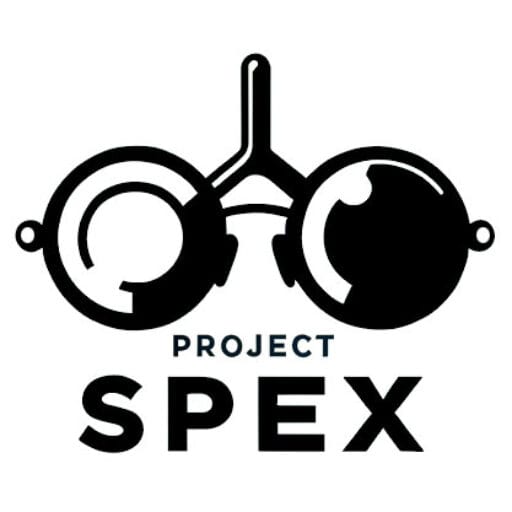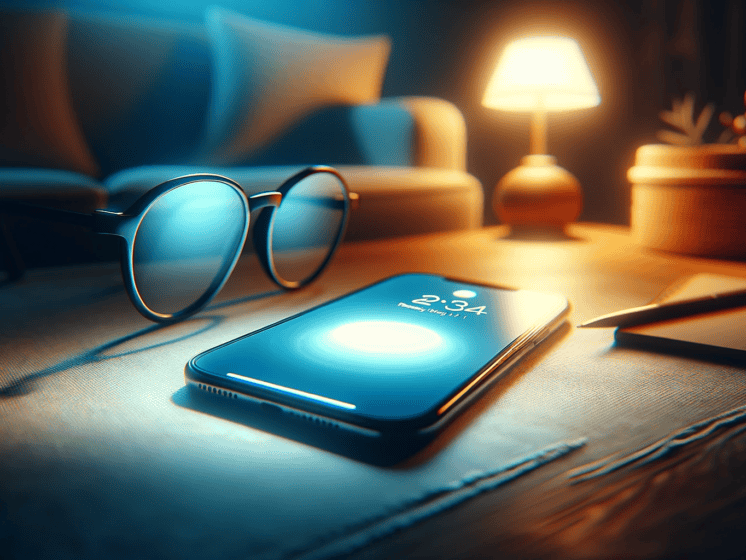What is Blue Light?
Blue light is a type of visible light that sits on the spectrum just before ultraviolet (UV) light. It’s a high-energy, short-wavelength light that makes up part of natural sunlight, as well as the light emitted from digital screens like phones, computers, and televisions. Because of this, blue light exposure is something that occurs throughout the day, both indoors and outdoors.
Can Blue Light Damage Your Eyes?
Despite the concerns that many people have about blue light damaging eyesight, there’s little scientific evidence to suggest that it poses any significant risk to eye health. It’s important to note that blue light isn’t inherently dangerous. Natural exposure to blue light from the sun plays a role in regulating your body’s circadian rhythm, which is responsible for your sleep-wake cycle. In fact, blue light during daylight hours can help boost alertness, mood, and cognitive function.
Does Blue Light Cause Digital Eye Strain?
Many people believe that blue light is a major cause of digital eye strain (also known as computer vision syndrome). The symptoms of eye strain—such as dry eyes, headaches, and blurred vision—are often experienced after long periods of screen time. However, it’s more likely that these issues stem from factors such as poor posture, unblinking screen gazing, and prolonged focus rather than blue light itself.
While blue light contributes to the brightness of digital screens, the discomfort felt after staring at screens for extended periods of time is more related to screen habits than blue light. Simple actions like taking regular breaks, blinking more often, and adjusting your screen settings can significantly reduce eye strain.
Does Blue Light Affect Sleep?
One area where blue light does have a measurable effect is sleep. Exposure to blue light, especially in the hours leading up to bedtime, can interfere with your body’s natural sleep cycle. Blue light suppresses melatonin production, the hormone responsible for helping you feel sleepy. When melatonin levels are reduced, it becomes harder to fall asleep and stay asleep.
For this reason, it’s recommended to limit screen use before going to bed. Many devices now offer “night mode” or “blue light filters” to help reduce the amount of blue light emitted during evening hours. This can minimize the impact on sleep quality, though the best approach is to turn off screens at least an hour before bedtime.
So, Is Blue Light Really a Problem?
For most people, blue light isn’t something to worry about. The main issue with blue light lies in its potential to disrupt sleep when you’re exposed to it late in the day. Ensuring that you’re practicing good screen habits and limiting exposure before bed can help mitigate its impact.
Discover independent eyewear with Project Spex. Every Friday, we deliver the latest in collectible eyewear and your favorite independent designers.
Sign up now and never miss a thing!
About The Author:

Will Benjamin is an advocate for independent eyewear and one of the driving forces behind Project Spex. With a passion for unique, collectible, and limited-edition eyewear, Will aims to inspire people to build their own collections through Project Spex, while supporting the success of independent opticals.


